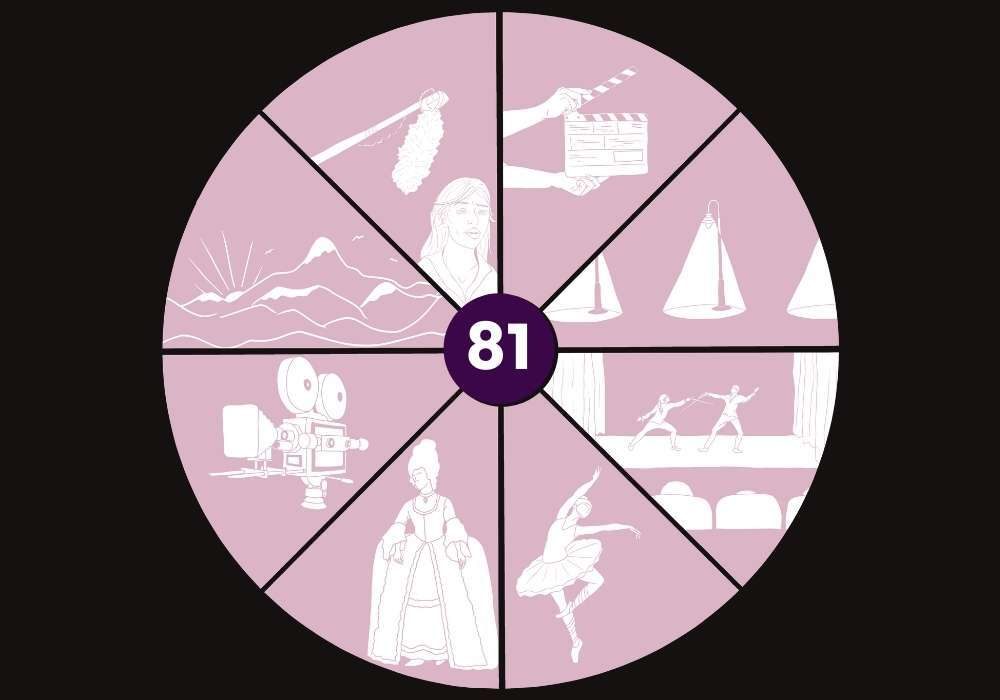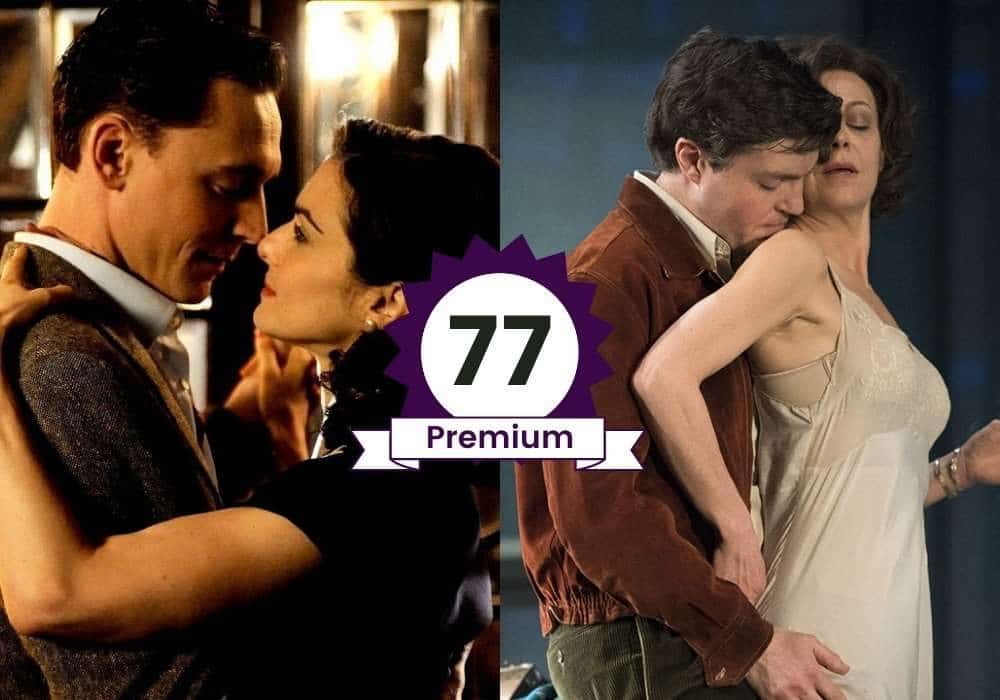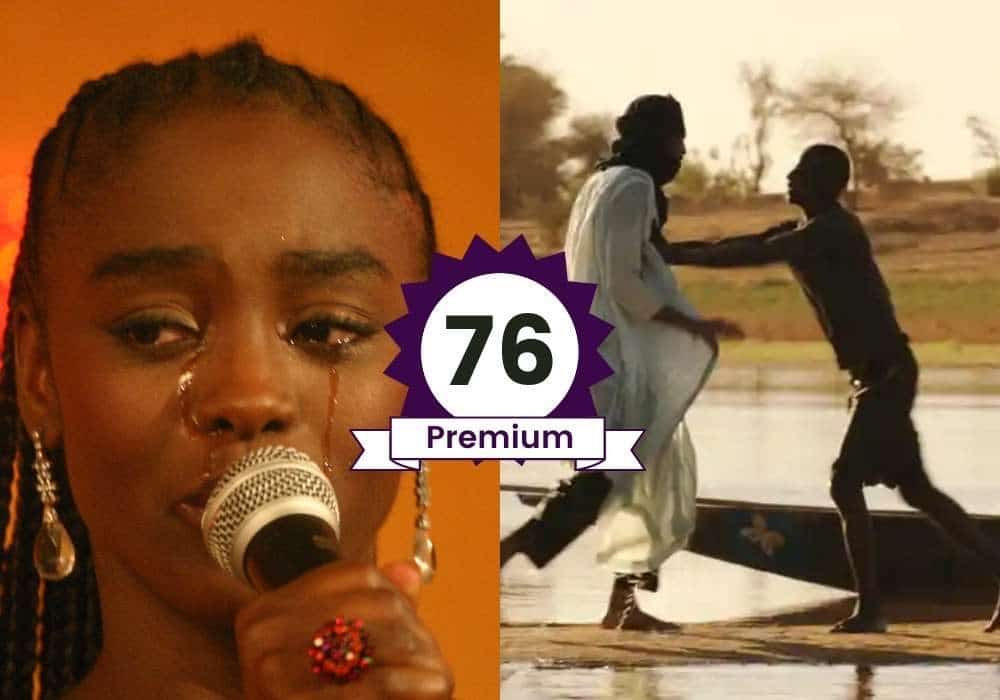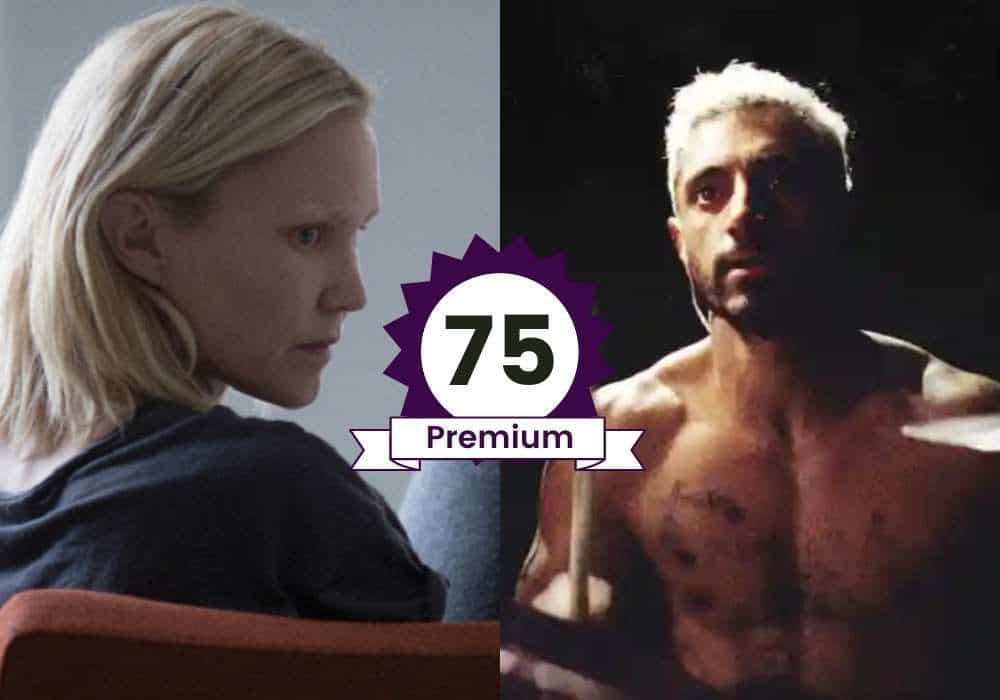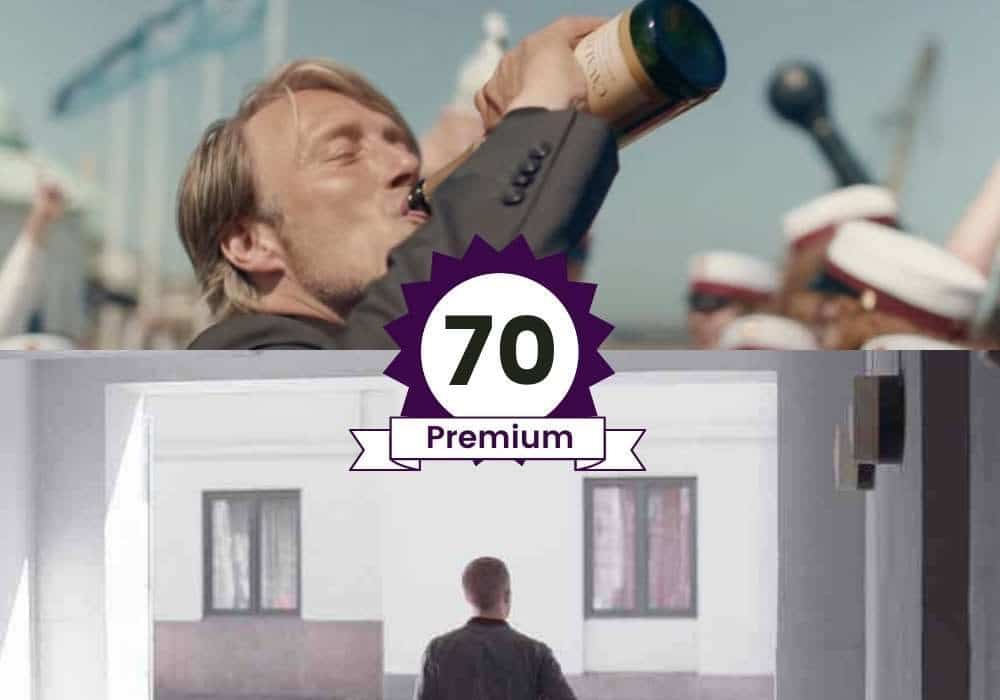We’ve gathered a panel of editors who worked on our new ebook, In their Own Words: Fiction Directors, to talk about what is in the book, how it was made, and why it’s so exciting.
Brett Pardy podcast
Ep. 77: Deep Blue Sea(s)
On this episode we discuss two versions of Terence Ratigan’s 1952 play, The Deep Blue Sea.
Ep. 76: Abderrahmane Sissako’s Bamako and Timbuktu
On this episode we look at two of Malian director Abderrahmane Sissako’s films, the newly restored Bamako, and one of our favourite films of the 2010s, Timbuktu. We also discuss locating African cinema and challenges in distribution and preservation.
Ep. 75: Sound of Metal and Blind: Portrayals of disability
Sound of Metal & Blind take different approaches to disability. We discuss the formula of the disability melodrama & more on this podcast.
Ep. 72: Steve McQueen’s Small Axe
To cover Steve McQueen’s ambitious Small Axe series, we have assembled one of our most ambitious episodes of the year. We discuss each film (or episode?) of McQueen’s series.
Ep. 70: Another Round and Oslo, August 31st: Are men OK? Masculinity, mental health, & addiction
We delve into one of the best films of the year, Another Round, and the best film of the last decade, Oslo, August 31st, and their depiction on men’s mental health and addiction.
